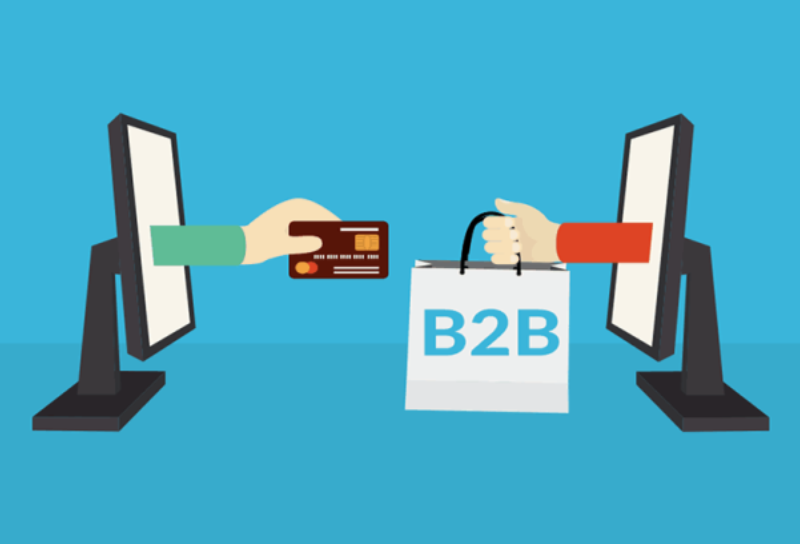Challenges and Opportunities in International B2B Trade

Do you have a business and you want to take a step to B2B trade? First things first, you need to know well about B2B trade on both good and bad sides. Before getting started about what makes B2B trade attractive or challenging for international businesses, let’s get started with basic definitions.
International B2B trading, or international business-to-business trading, refers to any commerce or trade between businesses from overseas rather than businesses and customers, which is called B2C trading. Since international B2B trade involves businesses, the customers can be companies, organizations, agencies, or any other business groups to trade for various purposes, including manufacturers, wholesalers, online retailers, or corporations.
B2B trade is a type of e-commerce, and similarly, the transactions are held between two businesses, all of which aim to earn profit by trade in certain ways. B2B trade is expected to reach up to $20.9 trillion, which is equivalent to 17.5% of the CAGR (compound annual growth rate) by 2027, as stated by Grand View Research.
There are numerous prestigious and successful B2B companies around the globe, yet it is of great importance for international businesses to be familiar with certain advantages and disadvantages of international BRB e-commerce to climb up to success in the global market. Below, we state some of the most important challenges and opportunities in international B2B trade:
Opportunities in International B2B Trade
· Higher average order value (AOV)
Since B2B trade is between companies, the transactions from two businesses have higher average order value compared to B2C trade because companies have larger amounts of purchases with longer-term contracts. An average B2B transaction is almost three times more than an average B2C transaction.
· Brand awareness and market expertise
International B2B e-commerce is applicable in many industries, from technology to manufacturing, marketing, healthcare, education, insurance, and so on. Thus, it is convenient for B2B companies to target a wider audience in the global market through technology and partnerships with various retailers around the world so they can promote these products to their own customers.
· Wholesaler strategy
Sometimes, manufacturers lack the necessary funds or sponsors to provide the materials to their customers, and in order to maintain commerce, wholesalers in B2B trade manage supplies for such manufacturers when they are not able to purchase large quantities of products and keep the production continue.
Challenges in International B2B Trade
· Competitive environment
International B2B trade can be advantageous in many ways in terms of e-commerce and the global market, yet this also comes along with the intense competition between international B2B companies, mainly because B2B is a smaller market in size than the B2C market.
· Bargaining
As B2B customers are groups of businesses intending to buy larger amounts of products or services, they often come up with discounts or extra payments for specific services from B2B wholesalers.
· B2B Buyers’ Decisions
Compared to B2C trade, B2B buyers spend more time deciding on the B2B company based on customer reviews, product reviews, prices, advantages, and such. However, since B2B buyers are also businesses, they have several decision-makers to agree on the right B2B company that matches their needs and expectations.
Conclusion
Like in many ways of trading, B2B trade has its own merits and challenges. Yet, if you are aware of such characteristics of this method, your business will rise up to success in the global market.
B2B is a small market with considerable benefits for international companies, yet it is the responsibility of a business to acknowledge B2B trade challenges that might hinder their benefit to succeed in the global market.



